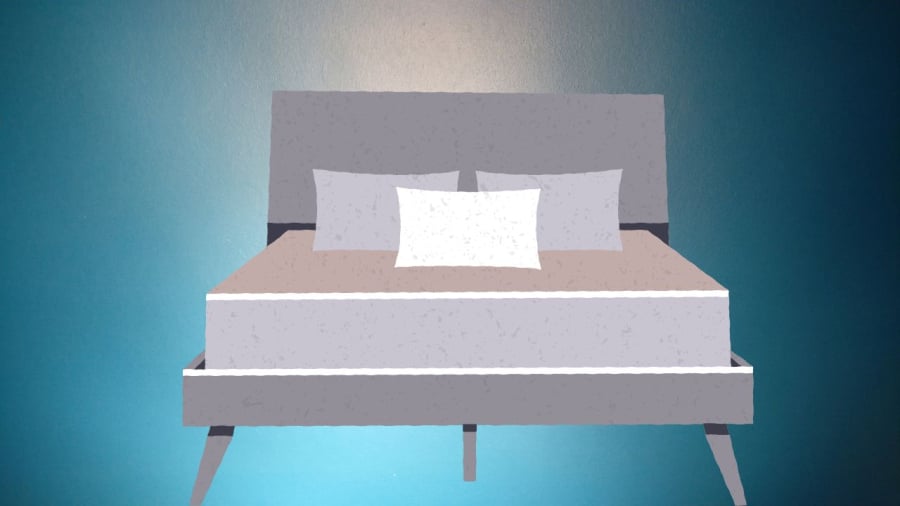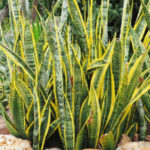The altar is the most sacred space in a home. In the past, families would have a separate room for the altar to maintain solemnity. Altars also represent the most yin aspect of the house, while other areas carry stronger yang energy.
Paying attention to the placement of the altar is crucial to showing respect to your ancestors. Taking care of the ancestral altar can remind us of the principles of living a virtuous life. Additionally, spiritual practices can instill a sense of fear for evil and wrongdoing, creating a barrier that prevents us from making mistakes.
This, in turn, helps us live better lives and attract wealth and prosperity.
Review the placement of your altar and avoid the following taboos:
Altar Near a Television or Stereo System
The altar represents the yin energy, while the television and stereo system emit strong yang energy. Worship requires tranquility, and placing the altar near these electronic devices can cause chaos and disrupt the peaceful atmosphere. The noise and potentially inappropriate content from these devices can interfere with the solemnity of the altar.

A television nearby diminishes the altar’s dignity.
Altar Near an Aquarium
An aquarium can bring good feng shui and represent the hobby of the homeowner. However, it should not be placed near the altar as these two locations conflict with each other. The altar requires stillness and quiet, while the aquarium represents constant movement and activity. The aquarium symbolizes life and the yang world, while the altar represents the yin world. Keeping these two areas separate is essential to preventing the disruption of energy fields and the disturbance of the ancestors’ presence.
Altar Near the Bed
The bed and the altar should not be placed close to each other due to their contrasting natures. The altar demands solemnity and attention to detail, while the bed is a private and intimate space that lacks formality. Placing the altar near the bed shows a lack of respect for the ancestors and deities. It also creates inconvenience in daily life and disrupts the tranquility necessary for worship.

A bed next to the altar is disrespectful.
Altar Near Artificial Flowers or Plants
While artificial flowers and plants may look aesthetically pleasing, they do not bring positive energy and tend to collect dust, which can affect the energy field of the altar. Using artificial flowers and plants for decoration or worship is not advisable, as authenticity and sincerity are crucial in spiritual practices. These fake items can attract misfortune and symbolize deception. Therefore, it is best to remove them from the altar area.
Altar Cluttered with Miscellaneous Items or Sharp Objects
A cluttered altar with sharp objects can disrupt the energy field of the worship area and generate negative energy, affecting the altar. Messy and dirty surroundings also reflect a lack of respect for the ancestors. Sharp objects, in particular, can be intimidating and off-putting to the ancestors.
Altar Next to a Wardrobe or Personal Items
The wardrobe is a private space that often contains intimate and informal items, which are not suitable for the solemn atmosphere of worship. Therefore, it is best to avoid placing the altar next to a wardrobe.
Ideally, the altar should be in a separate room or, if space is limited, enclosed in a cabinet.
Two Items to Place Under the Altar for Attracting Wealth and Prosperity
Feng Shui Compass
A feng shui compass serves as a guide, symbolizing wisdom and the right path. Placing it under the altar signifies a request for guidance in making wise decisions. This, in turn, can lead to a peaceful family life, success in endeavors, and the protection of loved ones, resulting in increased wealth and prosperity.
Ritual Objects: Cups, Candles, and Oil Lamps
Ritual objects such as cups, candles, and oil lamps are not only useful during worship but also carry positive feng shui energy. Placing these items under the altar keeps them handy and protects them from negative influences. By doing so, the ancestors can witness and guide the family toward the right path, illuminating their lives with happiness and success.
This information is for reference only.
“Sow Good Fortune in Your Home Garden”
The ancient practice of cultivating calabash plants in gardens goes beyond their practical uses. Their lush foliage provides shade, and their fruit is a delicious vegetable. In traditional feng shui beliefs, the calabash also symbolizes good fortune and prosperity. Its presence is believed to bring luck and abundance into the home, adding a touch of greenery and a sense of tranquility to any garden.
The Green Thumbs’ Charm: 3 Effortless Houseplants to Invigorate Your Home with Abundance and Positive Energy
These three plant species are not only incredibly low-maintenance and easy to care for, but they also boast a wealth of benefits according to Feng Shui principles. They are believed to ward off negative energies, attract wealth and prosperity, and enhance positive chi in both living and working spaces. It’s no wonder that they are a popular choice for many, bringing a touch of nature and good fortune indoors.



































